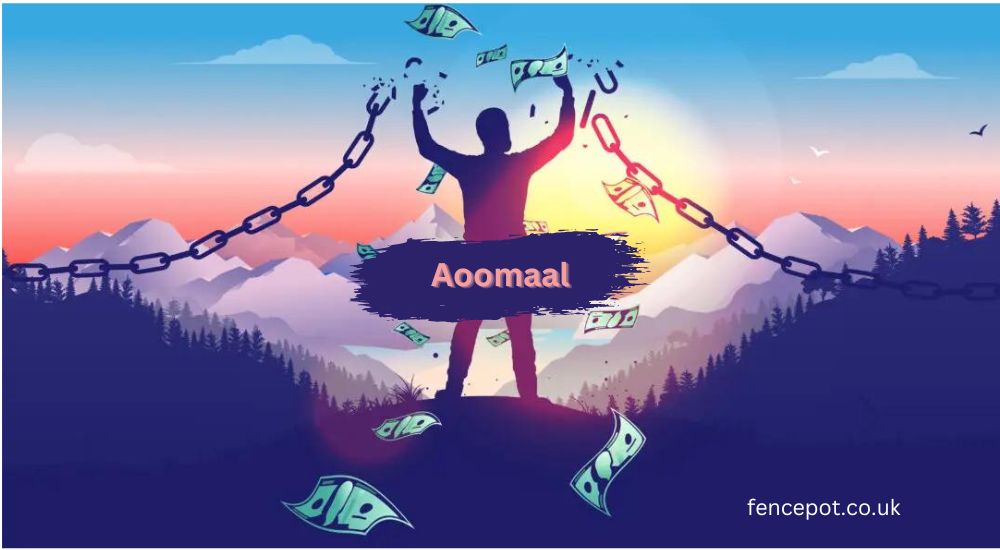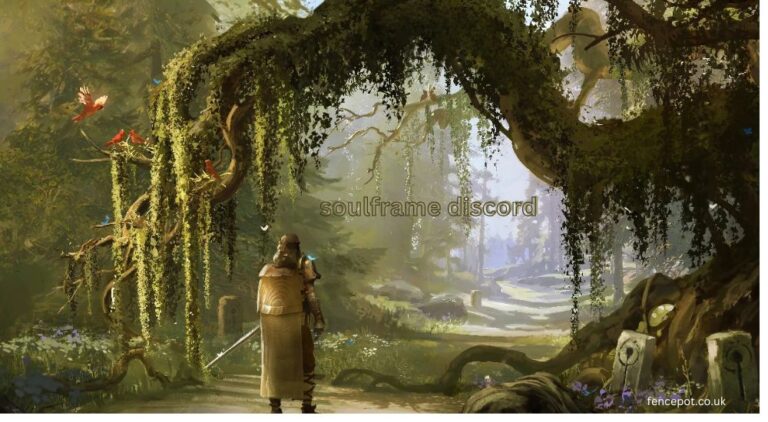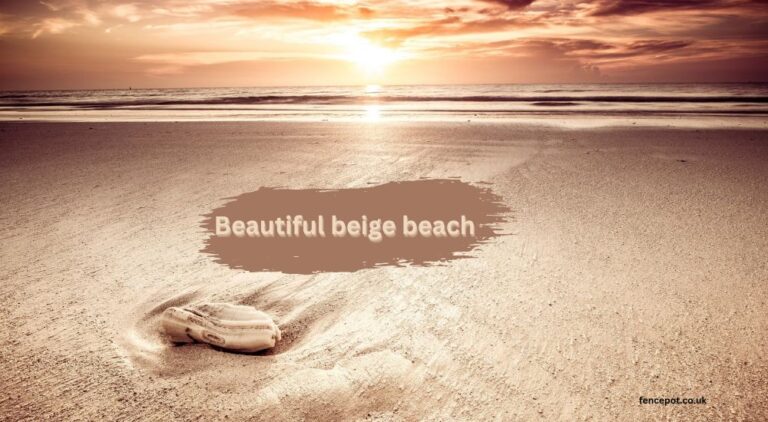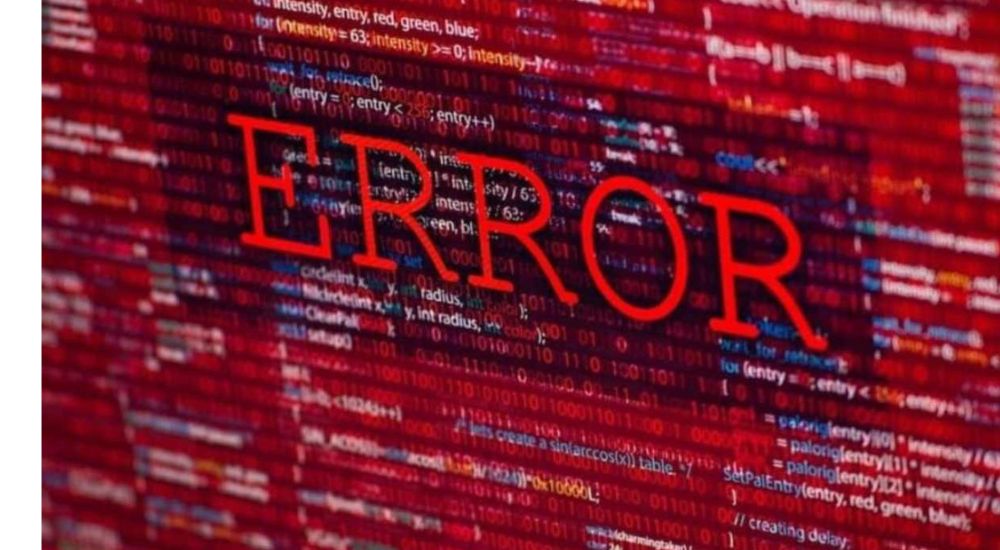Aoomaal—what does it truly mean? The word itself may sound foreign, but the concept behind it carries layers of depth. This article explores the meaning, historical origins, and modern-day relevance of Aomaal, a term that might not be widely known yet touches various aspects of life and culture.
What is Aoomaal?
Aoomaal is not just a word, but a multifaceted concept that connects culture, history, and spirituality. The exact definition can vary depending on the context in which it’s used, but Aomaal generally refers to a symbolic or cultural practice deeply rooted in tradition.
The Etymology of the Word “Aoomaal”
The term “Aomaal” has origins in ancient languages, evolving over centuries. Its meaning has shifted slightly over time, adapting to new social and cultural environments. The word itself is believed to stem from an ancient dialect, translating to “collective essence” or “symbolic gathering.”
The Historical Origins of Aomaal
Aoomaal dates back thousands of years, originating in ancient civilizations that placed great importance on communal and symbolic practices. From religious rites to cultural traditions, Aomaal played a significant role in shaping early societies. Over the centuries, Aomaal has evolved, merging with different cultural practices and adapting to the changing needs of societies. Its symbolism has expanded from ritualistic beginnings to include broader meanings, like emotional unity and spiritual healing.
The Cultural Importance of Aomaal
Aoomaal has transcended geographical boundaries, finding its place in a wide range of cultures around the world. In some societies, Aomaal is linked to seasonal celebrations, while in others, it’s tied to religious or spiritual rituals. At its core, Aomaal symbolizes unity, connection, and tradition. Whether it’s a communal gathering or a solitary act, Aomaal represents the coming together of ideas, values, or emotions. Its symbolism remains potent across various contexts.
Modern-Day Relevance of Aoomaal
In today’s fast-paced world, the practice of Aomaal has undergone a transformation. While the core traditions remain intact, modern interpretations often focus on personal reflection, community events, and digital representation. Aomaal has seen numerous reinterpretations, blending old customs with new-age thought. Modern-day Aomaal may manifest as mindfulness practices, community-driven efforts, or creative arts—all reflecting the timeless essence of the original concept.
Aoomaal in Art and Literature
Throughout history, Aoomaal has been depicted in various forms of art, especially in paintings that illustrate communal gatherings or symbolic acts. Its artistic representation highlights its importance as a subject of creative expression. Aomaal also makes appearances in literature, often as a metaphor for unity, healing, or the cyclical nature of life. Authors have used Aomaal to communicate complex emotional and social themes.
Aomaal in Religion and Spirituality
Aoomaal is often at the heart of many religious ceremonies, symbolizing unity and connection to the divine. Rituals involving Aomaal are common in various religious traditions, from ancient rites to contemporary spiritual practices. Beyond its religious importance, Aomaal serves as a spiritual tool, helping individuals connect to something larger than themselves. It fosters introspection, emotional balance, and a sense of belonging.
The Psychological and Emotional Impact of Aomaal
Aoomaal can have profound psychological effects, encouraging behaviors like cooperation, empathy, and emotional healing. Its influence on the human psyche makes it an essential component of both personal and communal well-being. People often turn to Aomaal practices as a means of emotional recovery. Whether it’s through meditative rituals or community gatherings, Aomaal offers a pathway to healing and emotional growth.
Economic and Social Implications of Aoomaal
In many societies, Aomaal plays a key role in defining social structures, especially within tight-knit communities. Its practices reinforce social bonds, creating a sense of shared responsibility and collective well-being. Aomaal is also an economic driver in some cultures, particularly where rituals or practices involve markets, fairs, or communal celebrations that attract tourism and trade.
How to Incorporate Aomaal into Daily Life
You don’t have to belong to a specific culture to incorporate Aomaal into your life. Daily practices such as mindfulness, community service, or even personal rituals can embody the spirit of Aomaal. By embracing Aoomaal, individuals can experience enhanced emotional well-being, a deeper sense of community, and a greater understanding of cultural diversity.
Aoomaal and Modern Technology
As technology continues to evolve, so does the representation of Aomaal. Digital spaces now host virtual gatherings, where the concept of communal unity is explored through online platforms and virtual events. With the rise of social media and digital communication, Aomaal has adapted to the online world. Virtual communities and forums allow for new interpretations of this age-old practice, keeping its core values alive in the digital age.
The Future of Aoomaal
The future of Aomaal seems promising, as more people look to reconnect with traditions and spiritual practices in an increasingly disconnected world. Trends suggest a growing interest in community-based rituals and emotional healing practices. As society continues to evolve, so too will the practice of Aoomaal. Its adaptability to new cultural contexts and technological advancements ensures that Aomaal will continue to play a vital role in the future.
Misconceptions about Aomaal
Aoomaal is often misunderstood, with some viewing it as outdated or irrelevant. However, these misconceptions fail to recognize the evolving nature of the practice and its modern-day applications. To truly understand Aomaal, one must look beyond the myths and focus on its deeper meanings—unity, connection, and healing.
The Benefits of Understanding Aomaal
Learning about Aoomaal opens the door to a richer understanding of cultural practices, emotional well-being, and the importance of unity in human society. With knowledge of Aomaal, individuals can build stronger communities, foster personal growth, and participate in global conversations about culture and tradition.
Aoomaal in the Global Context
Though Aomaal originates from specific cultures, its concepts have spread globally, with countries around the world adopting and adapting its practices to fit their own cultural frameworks. In an increasingly globalized world, Aomaal serves as a bridge between cultures, offering a shared experience that transcends geographical and social boundaries.
Conclusion
In conclusion, Aoomaal is a multifaceted concept that holds deep cultural, emotional, and spiritual significance. From its ancient origins to its modern-day relevance, Aomaal continues to shape societies, art, literature, and human connection. By understanding Aomaal, we not only preserve important traditions but also enhance our emotional and social well-being.













